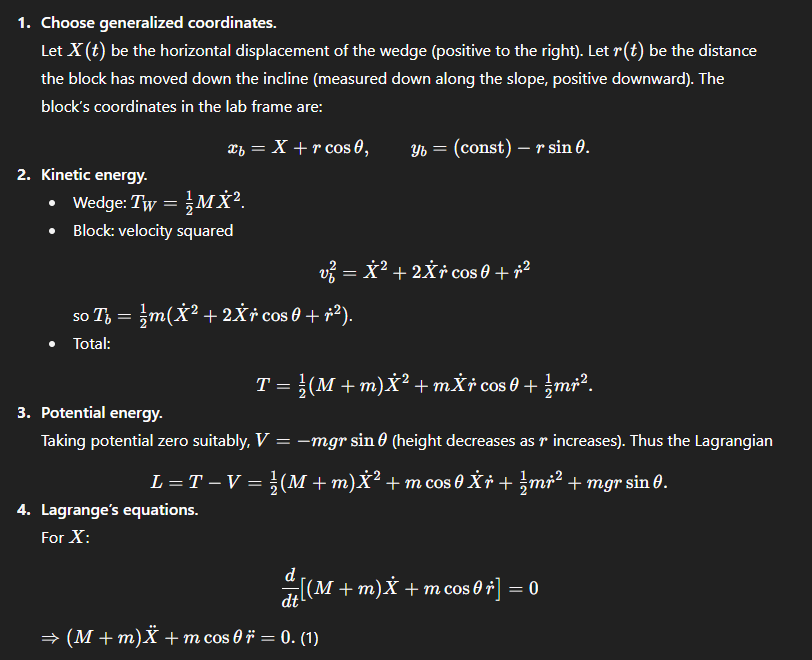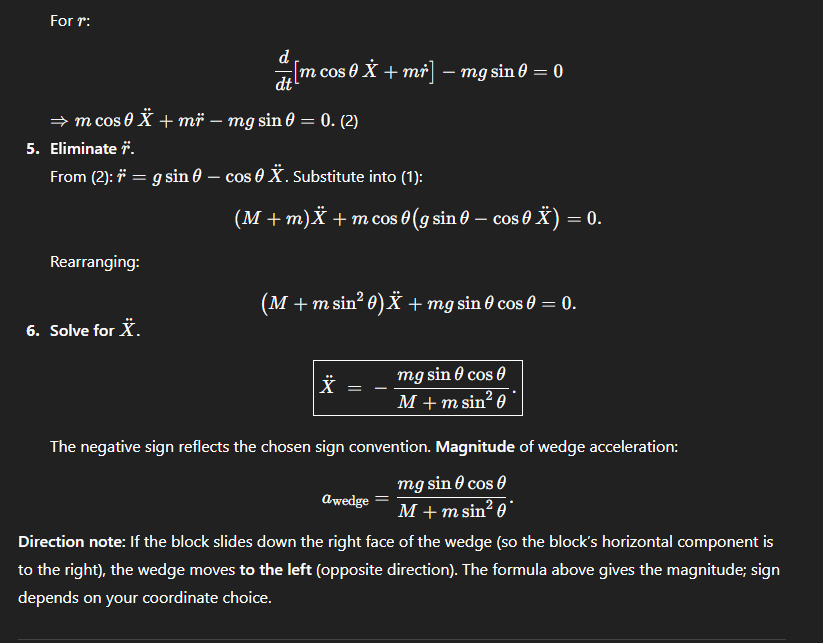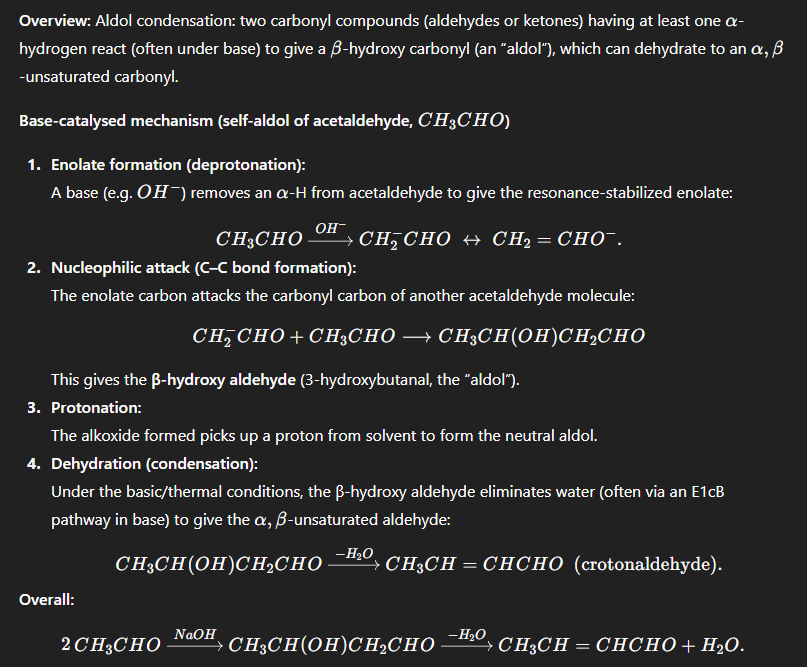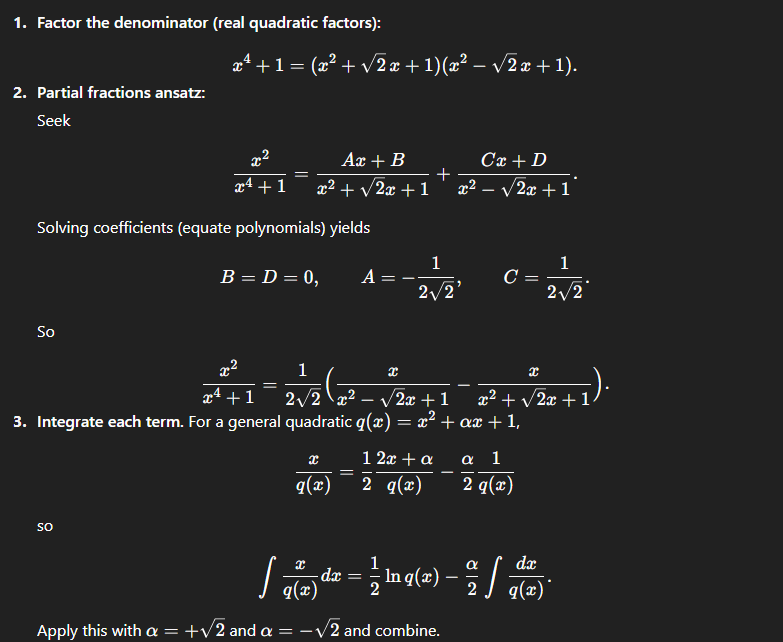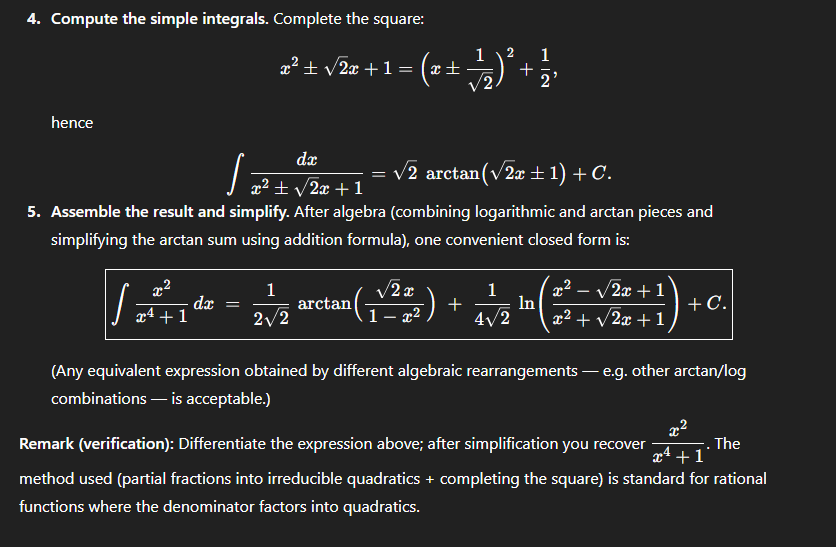How to Study For JEE Advanced with ChatGPT ?

Index
- Introduction – Supporting JEE Advanced Prep with ChatGPT.
- How To Use ChatGPT Input Methods For JEE Advanced.
- Examples About Using ChatGPT Prompts For JEE Advanced Subjects.
- Practice Using AI & Prompting With Google AI Chatbot.
- Conclusion
- FAQs.
- Related Articles.
Conquer JEE Advanced with Your AI-Powered Study Partner: Google Gemini
Preparing for the JEE Advanced exam is a challenging yet rewarding journey for every IIT aspirant. With a vast and in-depth syllabus covering Physics, Chemistry, and Mathematics, students often seek multiple resources to understand concepts, solve complex problems, and stay consistent. That’s where ChatGPT becomes a game-changer. When combined with your coaching notes, NCERTs, and standard reference books, ChatGPT can serve as a 360-degree AI-powered study assistant — available 24/7 to explain concepts, solve doubts, give step-by-step solutions, and even generate mock questions.
Whether you’re struggling with a tricky mechanics problem, need help with organic chemistry reaction mechanisms, or want clarification on vector calculus, ChatGPT can step in like a personal tutor.
My path to digital proficiency got a huge boost when I started using AI daily in November 2022, with ChatGPT. I constantly use Google Gemini for help, whether it’s for improving skills or learning new ones. My work on this very website shows how effective AI is. AI can definitely help you succeed in your studies if you have the drive.
Let’s explore how ChatGPT can become an important tool for cracking the JEE Advanced.
How Can ChatGPT Help with JEE Advanced Preparation ?
-
Get clear answers and in-depth explanations for questions on advanced topics in Physics, Chemistry, Maths, and any other JEE Advanced subject. The content is designed by those with a strong understanding of the exam’s unique challenges.
-
Easily find helpful videos, books, and other online resources from established and trusted sources to deepen your understanding of key JEE topics.
- Access sample papers and practice material meticulously crafted to mirror the JEE Advanced exam’s style and difficulty, helping you build confidence through reliable preparation.
- Get assistance with JEE Advanced project material, find verified images, statistics, and all the material you need for a competitive edge.
Everything you need to conquer the JEE Advanced exam is right here, built on a foundation of proven study methods and reliable content.
Ready to Learn how to study anything in your JEE Advanced syllabus with the help of OpenAI's powerful tool ChatGPT ?
All You Need is
- Your notes or your text book
Before you start, you need access to ChatGPT. You can either download the app or use it on your browser:
On mobile (iOS or Android):
Download ChatGPT from the App Store
Download ChatGPT from Google PlayOn browser:
Visit ChatGPT on web
Create a free account or log in.
- Read this article to learn how
That’s All you need to make yourself a tutor ready to answer all your questions, at anytime for FREE !!!
And remember to share this article with anyone you think may need it.
How To Use ChatGPT Input Method's For JEE Advanced.
1. Text Prompts

Ask ChatGPT to solve questions, explain theories, or give tips for specific topics,
Example: “Explain the derivation of the moment of inertia for a solid sphere.”
2. Voice Input
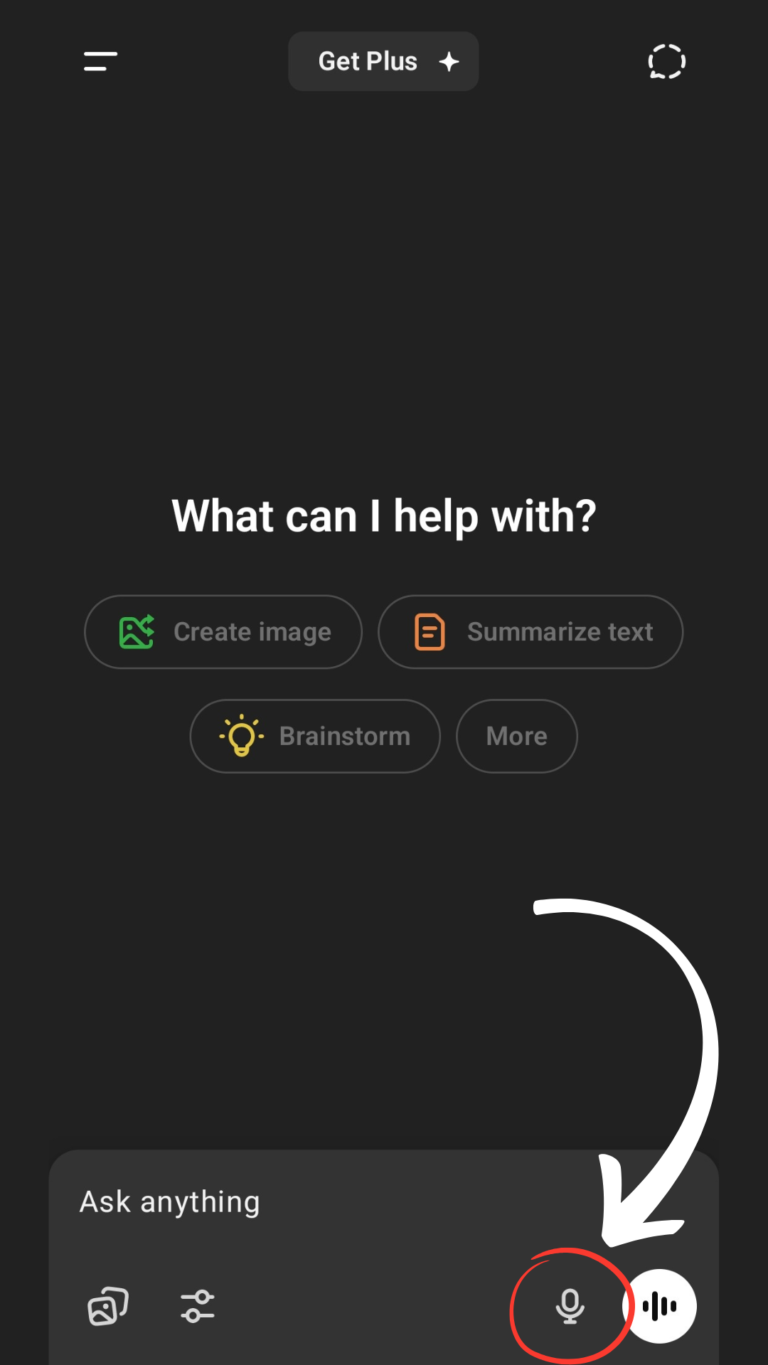
Use your voice to ask questions on the go or during revision sessions — great for auditory learners.
Example: “What are the conditions for maxima and minima in differential calculus?”
3. Image Input
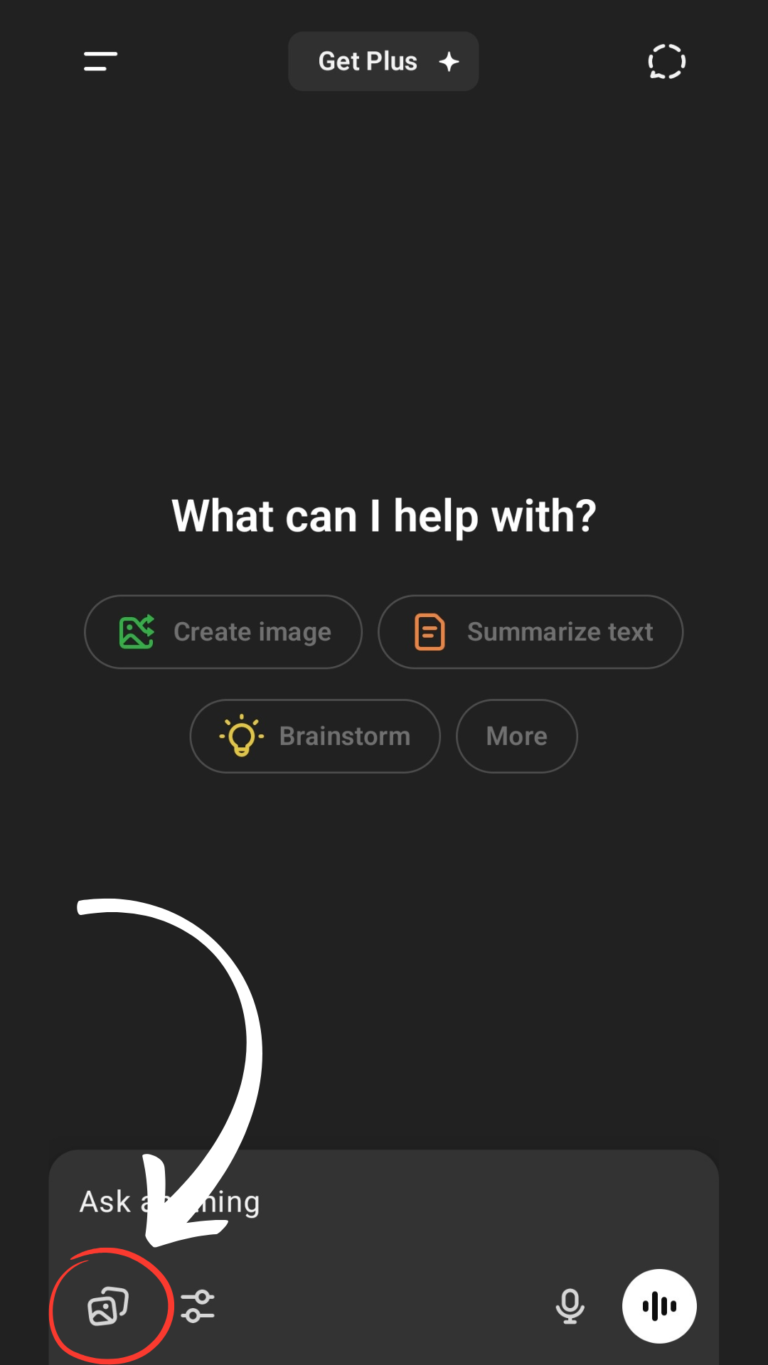
Snap a picture of a complex math problem or handwritten chemical reaction and upload it. ChatGPT will read and explain it.
Example: Upload a circuit diagram from your physics homework and ask, “Can you solve this using Kirchhoff’s laws?”
Examples For Using ChatGPT Prompts For JEE Advanced Preparation.
Example 1 : JEE Advanced Physics

Your ChatGPT Text Prompt
“Derive the acceleration of the wedge (magnitude and direction) when a block of mass
𝑚
m slides down its frictionless incline of angle
𝜃
θ. Use either Lagrange’s method or Newton’s laws with constraint relations; show steps.”
How ChatGPT Will Answer (Like a Personal Tutor):
ChatGPT currently supports 20 Indian languages. Some are - Hindi, Bengali, Gujarati, Kannada, Malayalam, Marathi, Tamil, Telugu, and Urdu.
Click to enlarge.
Click to enlarge.
Example 2 : JEE Advanced Chemistry
Explain the mechanism of Aldol condensation; illustrate with an example (e.g., acetaldehyde).
Your ChatGPT Text Prompt
“Describe the base-catalyzed aldol condensation mechanism stepwise (enolate formation → C–C bond formation → aldol → dehydration). Show the structures and give the overall reaction for acetaldehyde.”
How ChatGPT Will Answer (Like a Personal Tutor):
ChatGPT currently supports 20 Indian languages. Some are - Hindi, Bengali, Gujarati, Kannada, Malayalam, Marathi, Tamil, Telugu, and Urdu.
Click to enlarge.
Click to enlarge.
Example 3 : JEE Advanced Mathematics

Your ChatGPT Text Prompt
Upload an image of the equation.
Solve the equation and explain the steps.
How ChatGPT Will Answer (Like a Personal Tutor):
ChatGPT currently supports 20 Indian languages. Some are - Hindi, Bengali, Gujarati, Kannada, Malayalam, Marathi, Tamil, Telugu, and Urdu.
Click to enlarge.
Click to enlarge.
Practice and Perfect Your Prompts with Our AI Tutor (Powered By Gemini)
How It Works –
- Choose Your Course: Select the subject you want to practice.
Get Your Question: Our AI will ask you a question from the official syllabus.
Write Your Prompt: Try to get the answer by writing the best prompt you can.
Receive Instant Feedback: The AI will provide the correct answer and review your prompt, giving you tips to make it better.
AI Study Assistant
AI-Powered JEE Advanced Mastery
Cracking JEE Advanced requires clarity, consistency, and conceptual depth. While no AI can replace your hard work or trusted books, ChatGPT fills the gaps — acting like a digital tutor who’s always there. Whether you’re revising late at night, solving tricky questions, or trying to understand the ‘why’ behind every formula, ChatGPT makes your preparation smarter, faster, and more engaging.
In a high-stakes exam like JEE Advanced, having an intelligent assistant who understands your syllabus and helps you break down complexity is a huge edge. So don’t just study hard — study smart with ChatGPT.
Written By
Prateek Singh.
Last Updated – August, 2025
About The Author
Prateek Singh believes the best way to learn is to get your hands dirty. He went from talking to customers in sales to building the online platforms they use. IndiaShouldKnow.com is his way of sharing that practical, hands-on knowledge with you.
FAQs About AI Use.
Q: Can I trust every answer an AI tool gives me for my studies?
A: No, you should not trust every answer completely. Think of an AI as a super-smart assistant that has read most of the internet—but not every book in the library is accurate.
AI can sometimes make mistakes, misunderstand your question, or use outdated information.
It can even “hallucinate,” which means it confidently makes up an answer that sounds real but is completely false.
Rule of Thumb: Use AI answers as a great starting point, but never as the final, absolute truth. Always double-check important facts.
Q: How can I verify the information I get from an AI for my academic work?
A: Verifying information is a crucial skill. It’s like being a detective for facts. Here are four simple steps:
Check Your Course Material: Is the AI’s answer consistent with what your textbook, lecture notes, or professor says? This is your most reliable source.
Look for Reputable Sources: Ask the AI for its sources or search for the information online. Look for links from universities (.edu), government sites (.gov), respected news organizations, or published academic journals.
Cross-Reference: Ask a different AI the same question, or type your question into a standard search engine like Google. If multiple reliable sources give the same answer, it’s more likely to be correct.
Use Common Sense: If an answer seems too perfect, too strange, or too good to be true, be extra skeptical and investigate it further.
Q: What is the difference between using AI for research and using it to plagiarize?
A: This is a very important difference. It’s all about who is doing the thinking.
Using AI for Research (Good ✅):
Brainstorming topics for a paper.
Asking for a simple explanation of a complex theory.
Finding keywords to use in your library search.
Getting feedback on your grammar and sentence structure.
You are using AI as a tool to help you think and write better.
Using AI to Plagiarize (Bad ❌):
Copying and pasting an AI-generated answer directly into your assignment.
Asking the AI to write an entire essay or paragraph for you.
Slightly rephrasing an AI’s answer and submitting it as your own original thought.
You are letting the AI do the thinking and work for you.
Q: How can I use AI ethically to support my learning without violating my school's academic honesty policy?
A: Using AI ethically means using it to learn, not to cheat. Here’s how:
Know the Rules: First and foremost, read your school’s or professor’s policy on using AI tools. This is the most important step.
Be the Author: The final work you submit must be yours. Your ideas, your structure, and your arguments. Use AI as a guide, not the writer.
Do the Heavy Lifting: Use AI to understand a topic, but then close the chat and write your summary or solve the problem yourself to make sure you have actually learned it.
Be Transparent: If you used an AI in a significant way (like for brainstorming), ask your professor if you should mention it. Honesty is always the best policy.
Q: Can an AI's answer be biased? How can I detect this in its responses?
A: Yes, an AI’s answer can definitely be biased. Since AI learns from the vast amount of text on the internet written by humans, it can pick up and repeat human biases.
Here’s how to spot potential bias:
Look for Opinions: Does the answer present a strong opinion as a fact?
Check for One-Sidedness: On a topic with multiple viewpoints (like politics or economics), does the AI only show one side of the argument?
Watch for Stereotypes: Does the answer use generalizations about groups of people based on their race, gender, nationality, or other characteristics?
To avoid being misled by bias, always try to get information from multiple, varied sources.
Q: Is it safe to upload my personal notes, research papers, or assignments to an AI tool?
A: It is best to be very careful. You should not consider your conversations with most public AI tools to be private.
Many AI companies use your conversations to train their systems, which means employees or contractors might read them.
There is always a risk of data breaches or leaks.
A Simple Safety Rule: Do not upload or paste any sensitive information that you would not want a stranger to see. This includes:
Personal identification details.
Confidential research or unpublished papers.
Your school assignments before you submit them.
Any financial or private data.
Related Articles
Sign Up for Our Newsletter To Learn More About the Latest In AI And Learn How To Use It.
Unlock your learning potential and stay ahead in the age of AI! Join the IndiaShouldKnow.com newsletter to discover how to seamlessly integrate AI into your studies for school, entrance exams, college courses, for your Career and Life. Plus, get the latest insights on cutting-edge AI tools that can empower your career and enrich your life. Subscribe now for monthly updates.

